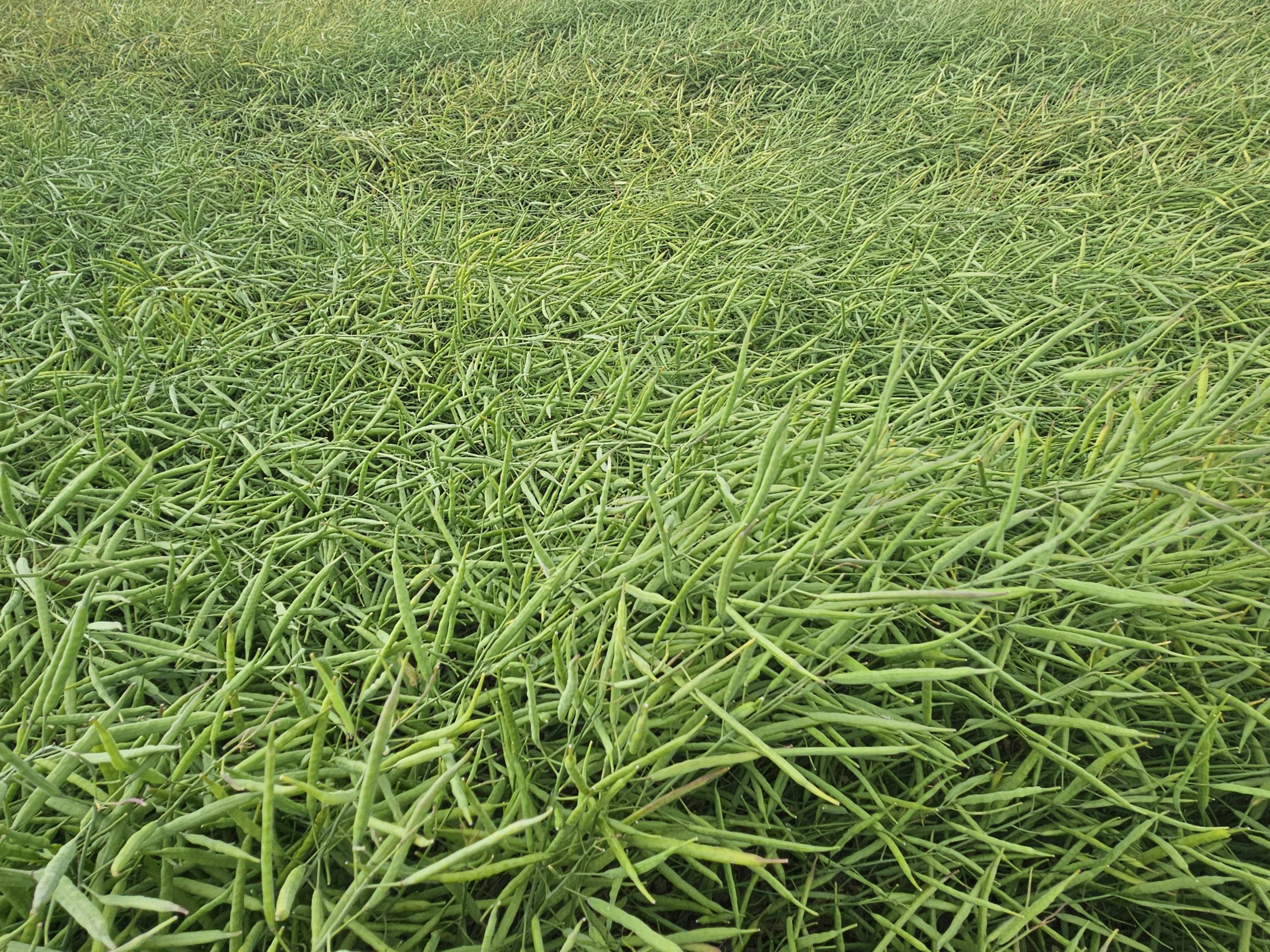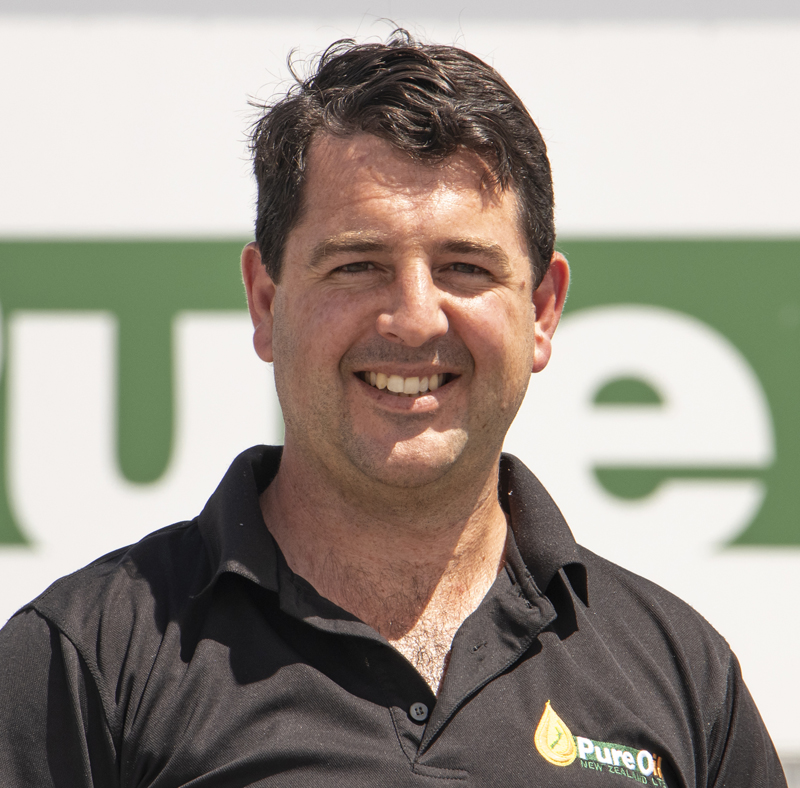In a recent interview on the Cut the Crop podcast, Keith Gundry, Agronomy Manager at Pure Oil NZ, shed light on some promising developments for New Zealand arable farmers. The discussion highlighted Pure Oil NZ’s work with spring-sown oil seed rape and other alternative crops, offering valuable insights for growers considering their rotation options.
Unlock the Potential of Spring Crops with Oilseed Rape (Canola)
Many arable farmers have been navigating the recent reduction in traditional arable crops, such as ryegrass and other multiplication contracts. Pure Oil NZ’s re-introduction of spring-sown oil seed rape as a viable option aims to provide an additional avenue for growers.
2025 Yields positive results:
- Solid Yields: Last year, approximately 200 hectares of spring oil seed rape, planted in late November in Otago and Southland, yielded between 3 to 3.5 tonnes per hectare. For a crop with a relatively short growing season of around 4.5 months, this performance is encouraging.
- Enhanced Weed Management with TT Varieties: A key benefit of the Triazine Tolerant (TT) hybrid variety is the increased flexibility in herbicide options. Spring crops face higher weed pressure with rapid weed growth in spring, so having effective chemical tools is crucial for successful weed control and protecting yield potential.
- Reduced Input Costs: Generally, spring-sown crops require fewer crop management inputs compared to autumn-sown varieties. This can lead to lower overall production costs and a reduced financial outlay for growers.
- Flexibility in the Rotation: Spring oil seed rape offers a valuable alternative, particularly for land that may not have been ready for winter planting due to wet conditions, or as a recovery option for autumn crops that didn’t establish well. It also provides opportunities for longer fallow periods, which can assist with managing grass weed issues.
Pure Oil NZ intends to continue exploring spring oil seed rape, with plans to expand into Canterbury and introduce new varieties with potentially longer maturing periods.
Keith Gundry Talks Spring Cropping Options
Check out Cut the Crop and watch more episodes.
Diversification for Farm Resilience
Beyond oil seed rape, the discussion with Keith Gundry underscored the importance of diversification for building resilience and profitability within arable farm systems. Incorporating a range of crops can help mitigate risks associated with market fluctuations in single commodities.
Pure Oil NZ is actively contracting and supporting the growth of other oilseed crops:
- Strong Sunflower Performance: Sunflower crops have shown significant improvements in yields. Growers have achieved up to 4.4 tonnes per hectare in recent seasons, demonstrating the increasing potential of this crop as a valuable addition to rotations.
- Developing a Niche for New Zealand Soybeans: While soybeans are a global commodity, Pure Oil NZ is developing a market for locally grown, non-GMO produce. With their existing processing capabilities, Pure Oil NZ is working to establish a viable niche, with early trials showing promising yields in both the North and South Islands.
- Spreading the Workload: Diversifying crop types can also help distribute farm tasks, such as planting and harvesting, across different times of the year. This can lead to a more even workflow and improved overall farm management.
This approach to diversification, supported by organisations like FAR, aims to create more opportunities and stability for New Zealand growers.

Become a Grower
If you’re an arable grower and these options sound like they could fit into your farm system, Pure Oil NZ encourages you to get in touch. They are actively seeking to increase their contract areas for spring oil seed rape and sunflowers in the coming year. They are also continuing their work with soybeans and winter oil seed rape. Pure Oil NZ’s team, including agronomists in South Canterbury and Southland, are available to discuss how these crops might integrate into your existing rotations.

Keith Gundry
AGRONOMY MANAGER







